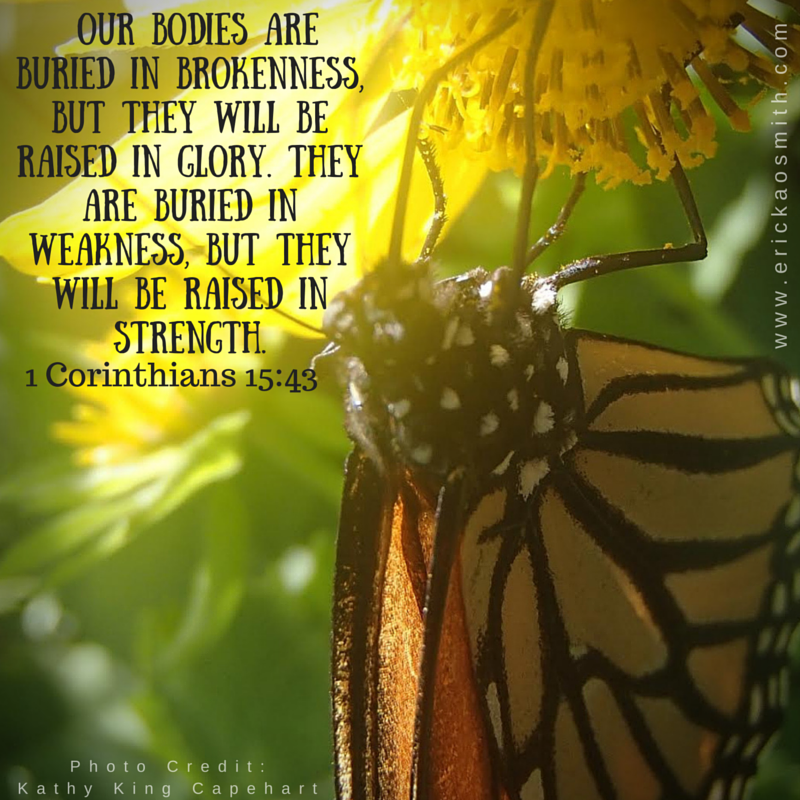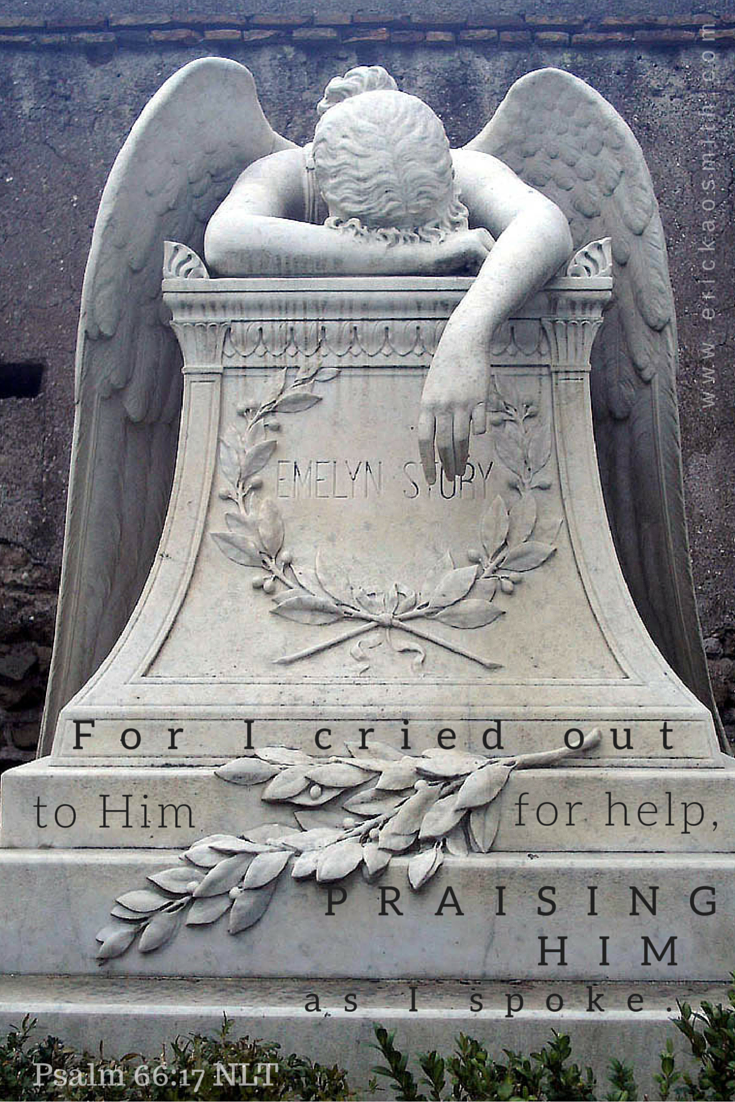Therefore, as God’s chosen people, holy and dearly loved, clothe yourselves with compassion, kindness, humility, gentleness and patience. – Colossians 3:12
I have intentionally seldom prayed for patience. Additionally, I have been known to chastise people who have voiced a prayer in which they asked God for patience on my behalf. (Why would I pray for something that I know is gained only through opportunities to practice the thing I am lacking?!)
Cultivating patience also involves waiting and I want immediate results (instant gratification). Thankfully, God gives us what we need, not merely what we think we want.
Over the past twenty five years, in the midst of
- cleaning up spills – again
- sleepness nights – again
- answering what’s for dinner for the third time since lunch – again
- calling poison control – again
- waiting in the ER with an adventuresome (or accident-prone) child – again
- teaching little ones how to read – again
- teaching high school Algebra – again
- reading through the same books aloud – again
- training new chores – again
God has given me daily opportunities to develop the very thing I’d been intentionally avoiding. He developed patience in me stealthily over the long haul of raising the next generation.
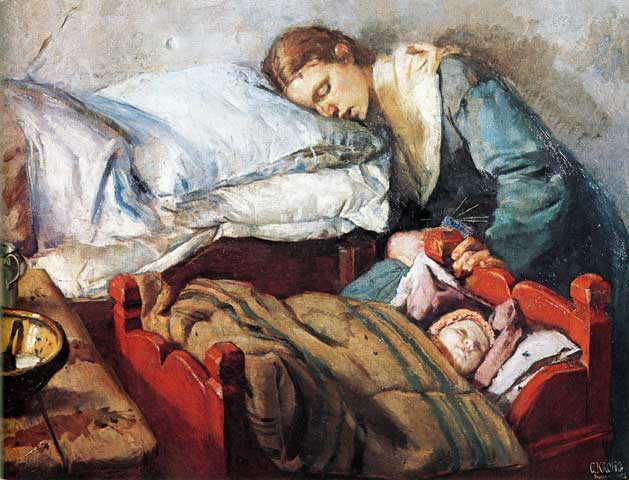
Patience, it turns out, is worth the years of practice it takes to cultivate it.
PONDER: Which of the qualities listed in Colossians does God most desire to develop in you? List the opportunities He has granted you to do just that…and thank Him for them.
PRAY: Father, I thank You for faithfully providing me with opportunities to grow. I want to be like Jesus, yet I am so reluctant to learn in some areas of my life. Thank You for being patient with me and that Your work in my heart includes the areas in which I am most resistant. Please continue to bring about in me the good work that you have begun.




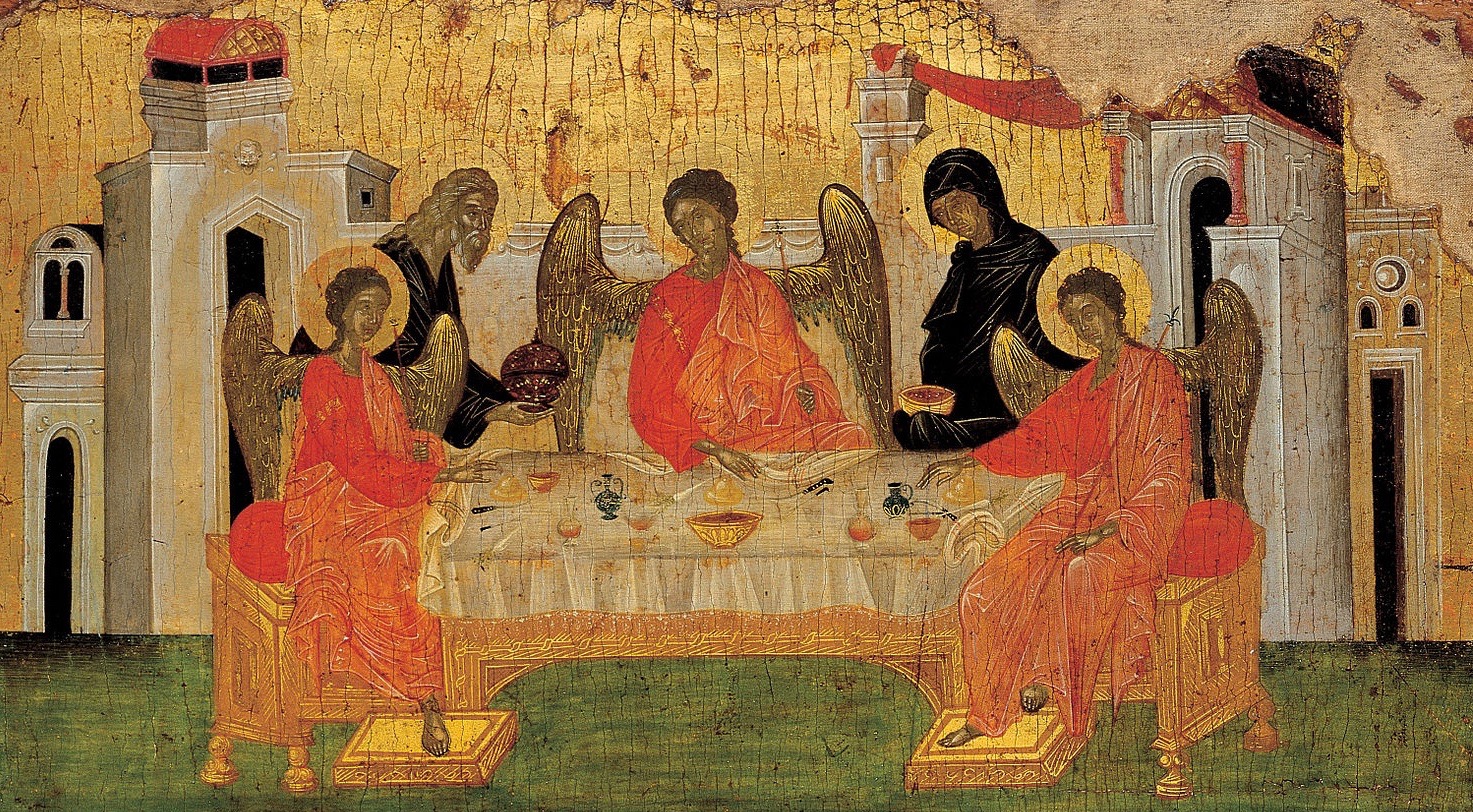

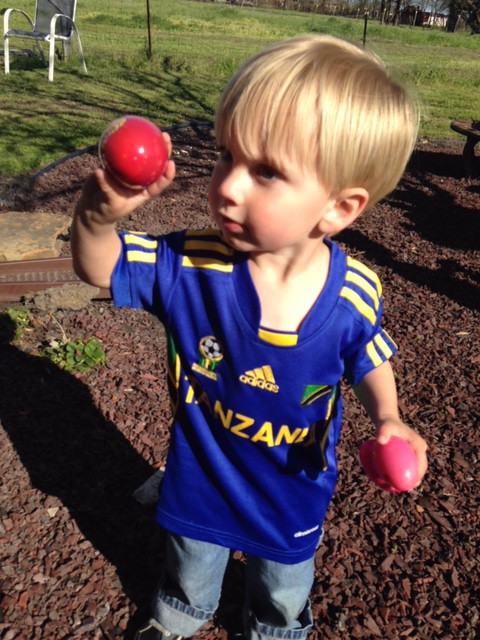 Excitement fills every part of his little 5 year old body as he races around looking for Easter eggs, his 3 year old sister hurrying to keep up with him, and 7 year old brother trying to lose both of them! But as he spies the next egg he forgets everything except the treasure that lies inside…
Excitement fills every part of his little 5 year old body as he races around looking for Easter eggs, his 3 year old sister hurrying to keep up with him, and 7 year old brother trying to lose both of them! But as he spies the next egg he forgets everything except the treasure that lies inside…

